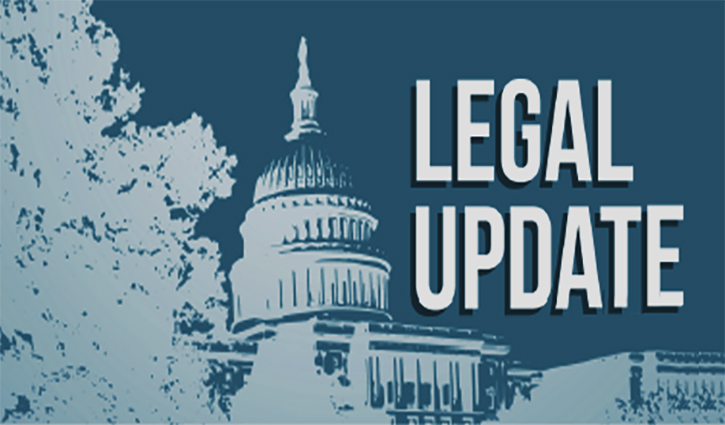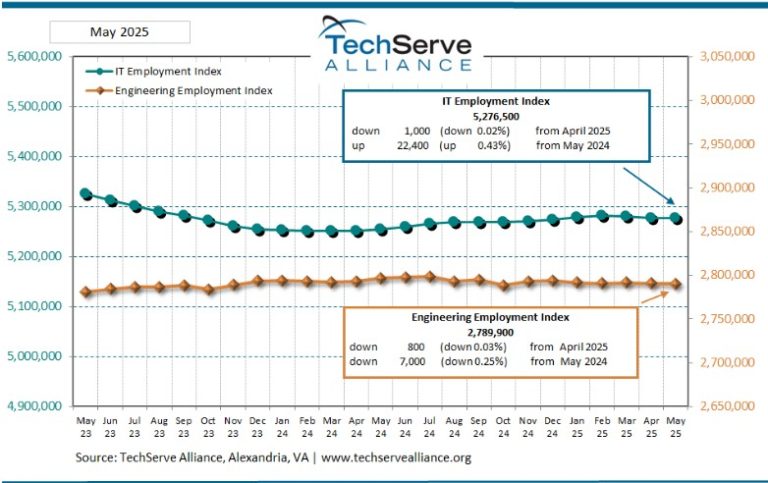On June 28, 2024, the U.S. Supreme Court decided Loper Bright Enterprises v. Raimondo and Relentless Inc. v. Department of Commerce. In a landmark ruling, the Court overruled its 1984 decision in Chevron, U.S.A. Inc. v. Natural Resources Defense Council Inc., which held that courts should defer to federal agencies to interpret ambiguities and gaps in the laws that the agencies implement (known as Chevron deference).
Background
Congress has the authority to pass laws, and federal agencies have the authority to enforce those laws. To fill in gaps or remedy any ambiguities, federal agencies issue notices of proposed rulemaking and ask the public to provide comments. TechServe Alliance often submits comments on proposed federal rules. After reviewing the comments, the agency issues more detailed guidance on how the laws should be interpreted and applied. For example, agencies may publish informal guidance, opinions, or formal regulations. Under the doctrine of Chevron deference, courts are directed to defer to such agency guidance where the statute is ambiguous, and the agency’s interpretation is reasonable.
In Loper and Relentless, the plaintiffs argued that Chevron should be overruled. The plaintiffs contended that courts should have the authority to interpret ambiguous laws and should have no obligation to adhere to federal agency guidance.
Supreme Court Ruling
The Supreme Court overruled Chevron deference in a 6-3 decision. In its opinion, the Supreme Court held that the Administrative Procedure Act requires courts to exercise their independent judgment in interpreting the law, and consequently, “courts may not defer to an agency interpretation of the law simply because the statute is ambiguous.” However, the Supreme Court noted that the holdings of prior cases that relied on Chevron deference remain lawful and may not be overturned solely because they relied on Chevron.
Impact on Businesses and Employers
Chevron deference has meaningfully influenced the interpretation and enforcement of laws. Federal agencies, including the Department of Homeland Security (USCIS), the U.S. Equal Employment Opportunity Commission, the Occupational Health and Safety Administration, the U.S. Department of Labor (DOL), and the National Labor Relations Board, have relied on Chevron deference in issuing and defending agency interpretations.
In light of the Supreme Court’s ruling, federal agencies will not be able to rely on Chevron deference in existing litigation, including lawsuits filed to challenge the DOL’s independent contractor and overtime rules. Agencies may also be subject to additional legal challenges regarding existing rules. The ruling will have a significant impact, and lawmakers may face greater difficulty addressing policy issues.
Highlights
- On June 28, 2024, the Supreme Court overturned Chevron deference, which requires courts to defer to federal agencies when interpreting legal ambiguities.
- In its opinion, the Supreme Court stated that “[c]ourts must exercise their independent judgment in deciding whether an agency has acted within its statutory authority.”












